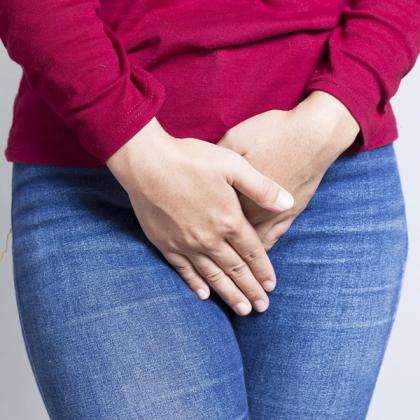This podcast episode is worth 0.27 CPD credits. Upgrade to Pro
Recurrent vulvovaginal candidiasis is reported in 6% of women of reproductive age. It has a significant impact on an individual’s quality of life that is comparable to conditions such as asthma and migraine. Appropriate management of the acute infection and subsequent maintenance treatment can help to reduce the burden of this condition. In this episode, Dr Kate Chesterman discusses the risk factors for recurrence and considers appropriate investigations. She looks at options for management, including lifestyle changes and induction and maintenance regimens.
Key references
- Saxon C, et al. Int J STD AIDS. 2020;31(12):1124-1144. doi: 10.1177/0956462420943034.
- GPnotebook. 2021. Recurrent vaginal candidiasis
- NICE. 2023. Scenario: recurrent infection.
- Lines A, et al. BMJ. 2020 8;369:m1995. doi: 10.1136/bmj.m1995.
- Patient. 2023. Treating recurring yeast infections.
Key take-home points
- Recurrent vulvovaginal candidiasis affects around 6% of women of reproductive age.
- It is defined as experiencing at least four episodes within 12 months, with two of these episodes confirmed by microscopy or culture when symptomatic (at least one episode confirmed by culture).
- Asymptomatic colonisation is common and does not require treatment.
- Risk factors for recurrence include poorly controlled diabetes, immunosuppression, antibiotic therapy during the past 3 months, sexual intercourse and high oestrogen states such as pregnancy.
- There is weak evidence supporting an association with atopy, lowered cortisol levels due to chronic stress, iron-deficiency anaemia, vaginal douching and non-breathable clothing.
- The most important investigation is a swab test. Checking haemoglobin A1c, full blood count and ferritin may also be appropriate.
- For recurrent vulvovaginal candidiasis, we should prescribe an induction and then a maintenance regimen.
- Suggested first-line treatment is oral fluconazole 150 mg every 72 hours for three doses, followed by fluconazole 150 mg weekly for 6 months as maintenance therapy.
- An alternative suggestion is to use topical imidazole therapy for 7–14 days according to response then, for maintenance, to use either a clotrimazole pessary weekly for 6 months or oral itraconazole 50–100 mg daily for 6 months.
- If the patient has a poor or partial response to treatment, consider whether the correct diagnosis has been made. Is there a dual pathology that has not been treated? Does the patient have a non-albicans Candida species? Do they have azole resistance?
- In these situations, re-examine and re-swab, asking for species identification and sensitivity testing on the swab.
- NICE suggests referring women with non-albicans Candida, azole resistance or those with possible alternative or additional diagnoses to gynaecology or genitourinary medicine.
- There is some evidence of benefit from prescribing cetirizine 10 mg daily for 6 months, especially if there is a history of allergy or atopy. This is an off-label indication.
Create an account to add page annotations
Annotations allow you to add information to this page that would be handy to have on hand during a consultation. E.g. a website or number. This information will always show when you visit this page.
